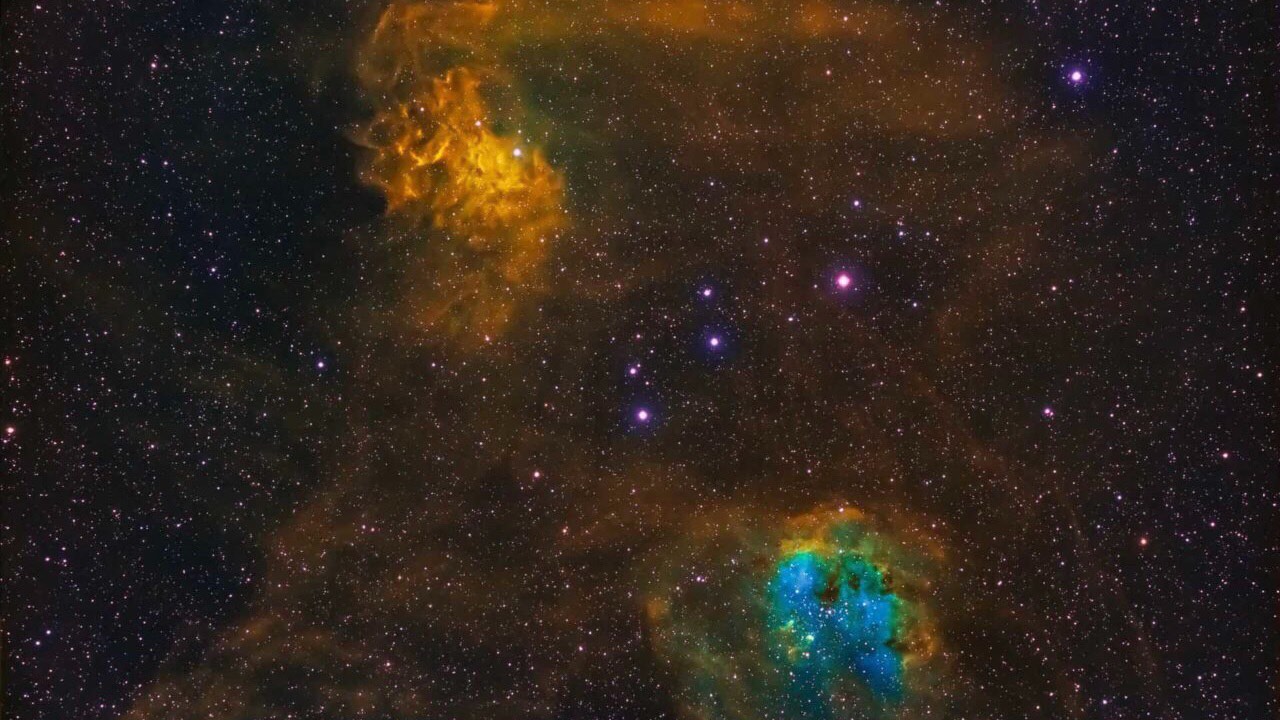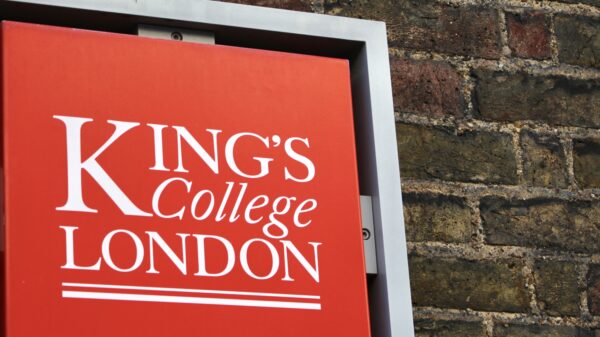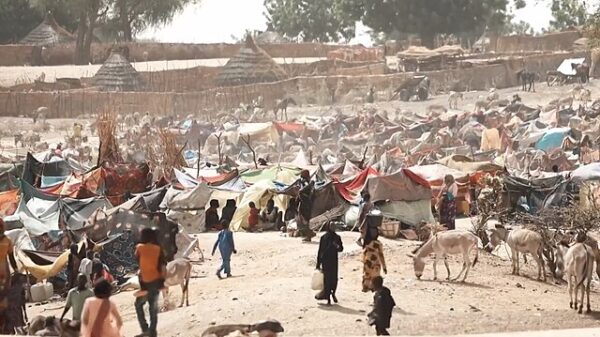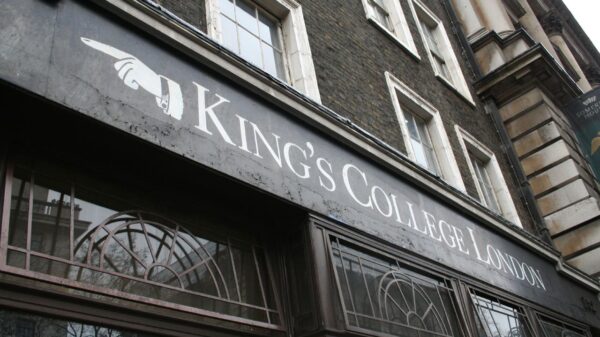Roar writer Stina Zejnullahi discusses different scientific theories on the end of our universe.
Scientists have a few theories on how the universe will end, and luckily for us, the chances of experiencing that end are slim to none. Astronomers predict that the sun will render the Earth inhabitable about 1.1 billion years from now, and in about 100 trillion years, the entire universe will cease to exist.
Let’s delve into some of the leading theories on the universe’s grand finale, and why there are still no finalised theories.
The Big Rip
When Edwin Hubble discovered that the universe was expanding, it was assumed that the force of gravity would slow it down and eventually bring it to a standstill. Scientists were then shocked to find that the expansion of the universe was accelerating – how could have this been possible?
Despite the fact that we don’t really know what it is, there is an overwhelming amount of evidence to suggest that the mysterious ‘dark energy’ is the reason for this. Assuming that the universe continues to grow indefinitely, dark energy will at some point destroy galaxies; stars and planets will no longer be able to hold themselves together; even particles at a quantum level will be separated. The universe will be ripped apart.
All the forces in the universe (strong nuclear, weak nuclear, electromagnetic and gravitational forces) will be overcome by dark energy. By the end of it, the universe will be nothing but a void of random, non-interacting subatomic particles.
The Big Freeze
Also known as the Big Chill or Heat Death, the Big Freeze is once again dependent on our understanding of dark energy.
In this instance, as the universe expands at an increasing rate, the heat is dispersed throughout that space as dark energy pulls galaxies, planets and stars away from each other. Everything will be so far apart that light from stars and galaxies will never reach them. Afterwards, stars will be too far away from resources needed for star formation, and light will be gone for good.
As temperatures get colder and colder, the universe will reach absolute zero. At absolute zero, there is no energy, and so nothing can exist. Contrary to the somewhat violent Big Rip, the Big Freeze entails the universe cooling down until it is a barren wasteland.
The Big Crunch
The Big Crunch is essentially the reverse of the Big Bang: assuming there is enough matter in the universe, the combined gravitational attraction of everything will halt expansion, and will instead initiate collapse. Starting off with galaxies, then over time planets and stars, the contents of the universe will smash into each other more and more frequently. With densities and temperatures skyrocketing as the universe shrinks into a blazing heap, it will finally contract into a single point where it will wink out of existence.
It is important to note that these are all simply theories and nothing more – the search for the answer is still ongoing and could be even stranger than we think.


















